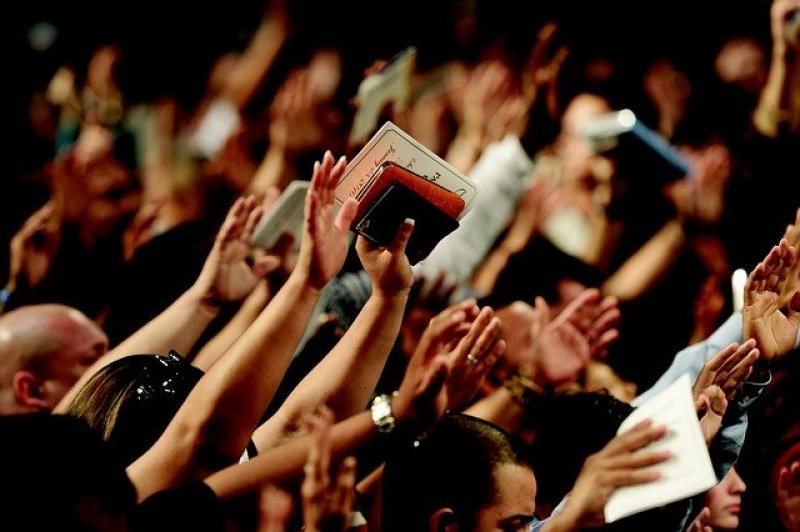
A new study released by Lifeway Research reveals that almost 9 in 10 pastors in the United States agree that every church "should strive to achieve racial diversity" yet only a few achieve it.
The study was conducted by Lifeway Research on 1,000 Protestant pastors with the aim of learning their opinion on race and racial reconciliation in the church, Baptist Press reported. It showed gaps between what pastors say and do in so far as racial diversity is concerned.
The study also presented the differences in approaches towards racial reconciliation done by African American pastors and white pastors.
The 17-page study was made through a phone survey on September 1-29, 2021 on a "senior or sole pastor or a minister at the church." The margin of error is +/- 3.2% with a 95% confidence. Respondents were Baptists, Lutherans, Methodists, and Pentecostals.
"Churches aren't often racially diverse. Most Protestant pastors in the United States say their churches are predominantly one racial or ethnic group (76%). There has been some progress over the past five years, however, as more pastors say there is at least some racial or ethnic diversity in their churches today (22%) than said so in a 2017 Lifeway Research study (17%)," Lifeway Research said.
"There are a few indicators of churches that are most likely to be predominantly one racial or ethnic group. White pastors are more likely than pastors of any other race to say their churches predominantly represent one racial or ethnic group," it added.
Lifeway also elaborated that education hinders this desire for racial reconciliation in the church. It cited that the more educated a pastor is, the less likely racial diversity is actualized in the church.
The study showed that 82% of pastors had a master's degree and were primarily leading "monoracial churches." This phenomenon of "monoracial churches" decreased as churches were led by pastors who received lesser education: bachelors degree (73%) and no college degree (66%).
According to the study entitled, "Pastors' View On Racial Reconcialiation," 88% of pastors agree on the need for racial diversity and only 9% disagree, while 4% are not sure. The 88% who agree is the sum of the 68% who "strongly agree" and the 20% who "somewhat agree." The 9% who disagree is the sum of the 5% who "somewhat disagree" and the 4% who "strongly disagree." Lifeway Research explained that "totals do not equal 100% due to rounding."
Among Protestant pastors, 76% say "their church is predominantly one racial or ethnic group." Asked on the issues of "Critical Race Theory" and "Racism," the majority of pastors or 48% say that the latter is more a threat than the former (29%).
"Perhaps one reason pastors care so much about pursuing racial diversity in churches is that they recognize racism as a threat to the church today much like it was a threat to first-century churches when the apostle Paul frequently addressed divisions between Gentile and Jewish Christians," Lifeway remarked.
"Not only do these pastors want racial diversity within churches, but they also see racism as an acute threat to churches," the organization added.
Almost half of the pastors (40%) say they preach on racial reconciliation "several times a year" and a few (19%) do so at least once a month. This is one notch higher (39%) to the number of pastors who preached several times a year in 2017.
Lifeway Research Executive Director Scott McConnell pointed out that achieving racial diversity in churches really take time and "hard work." He identified many factors that affect this, which included "attitudes" and "traditions," and stressed that it takes a lot of investment in relationships and in being open in the churches.
"Attitudes, cultural traditions, and friendships within the community do not change by themselves. If someone doesn't call for change, it won't happen. Most pastors are casting this vision, but about a quarter of pastors aren't," McConnell said.
"Nobody expects the color of churches to change overnight, but the appearance of more integrated churches is just barely noticeable over the last decade. The hard work of investing in relationships across ethnic lines and setting aside attendees' cultural preferences to welcome others is still the exception," he added.




























